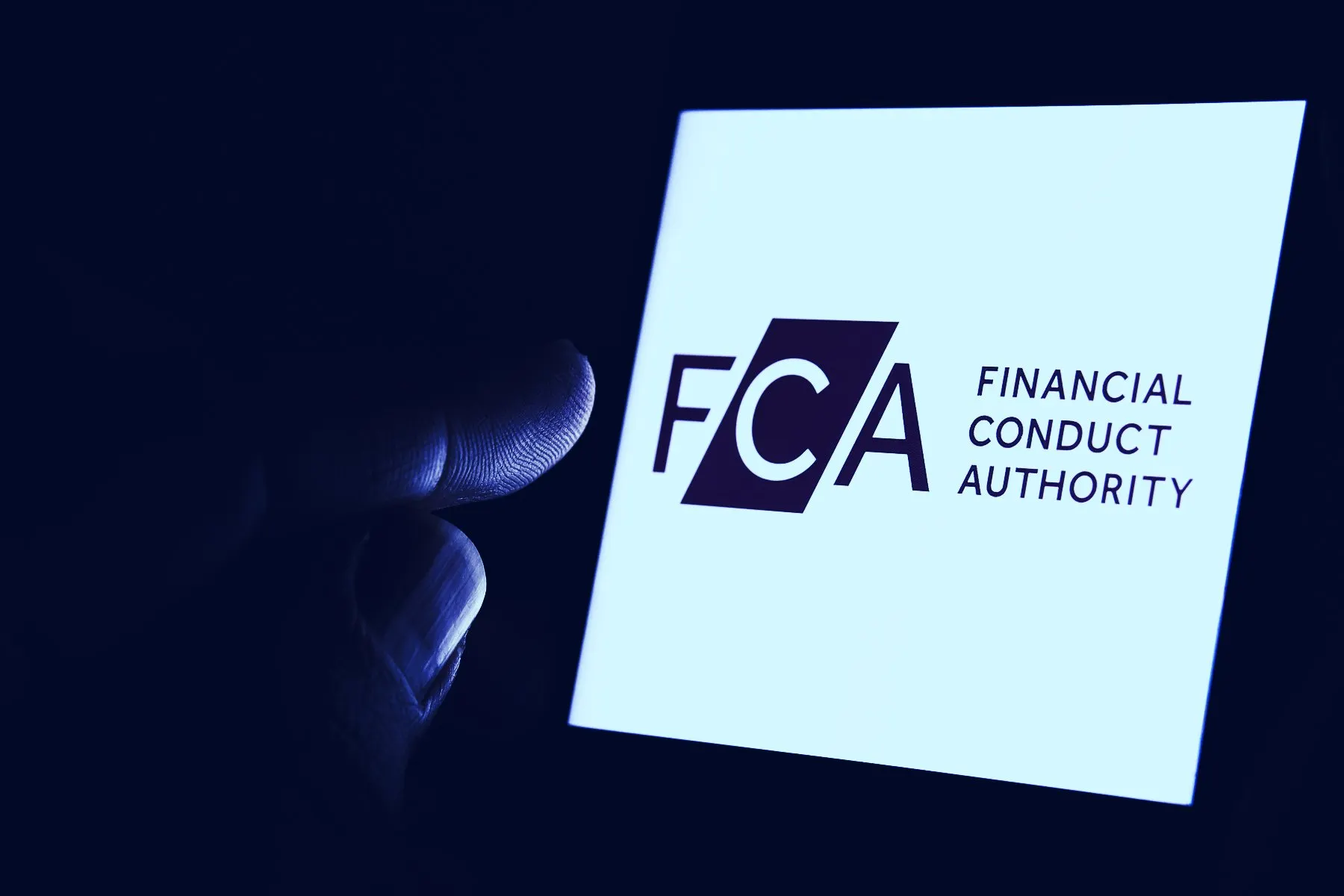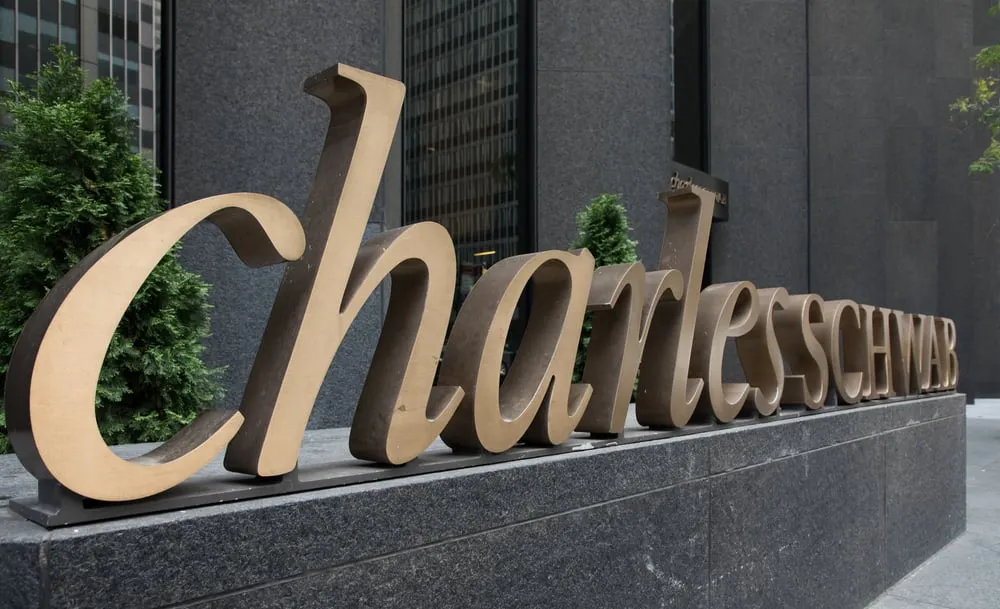Convicted terrorist Khuram Iqbal, a 29-year-old British national, has been jailed for 16 months after trading cryptocurrencies on the dark web, per the BBC.
This is not the first time Iqbal has faced jail time. In 2014, he was jailed for disseminating terrorist publications, and possessing terrorist information—including al-Qaeda’s Inspire magazine.
At the time, he was jailed for three years and three months; he was released on license in May 2015, but returned to jail a year later.
He faced arrest a second time for breaching a 10-year notification order, whereby he failed to tell police about two cryptocurrency accounts that he controlled.
He pleaded guilty to four breaches between the months of July and August 2019.
Breaking down Iqbal’s crypto activity
Between November 10, 2017 and March 20, 2021, Iqbal made 392 transactions with nearly £12,000 ($15,900) worth of deposited funds.
In January 2020, Iqbal made three Bitcoin transactions on a dark web site that was used for selling stolen credit card credentials. The court heard that Iqbal’s crypto trading was done via an account at cryptocurrency exchange Coinbase.
Coinbase reportedly issued a suspicious activity report.
Iqbal told police that he did in fact trade in cryptocurrencies, but denied using the dark web. His confiscated mobile phone showed applications that enabled access to the dark web.
“The nature of cryptocurrency is that it is not traceable so the reality is he was in a position to operate two email addresses and two cryptocurrency accounts beneath the radar of police,” reportedly said prosecutor Paul Jarvis.

UK Regulator Investing $670,000 to Train Staff in Crypto Terrorist Financing
The UK’s Financial Conduct Authority (FCA) has put out a contract to tender for external consultants in order to help train staff on the money laundering and terrorism financing risks presented by the crypto industry. The FCA will be spending £500,000 ($670,000) on these consultants, due to concerns that cryptocurrencies are being utilized by bad actors. “The FCA is seeking the services to support the analysis of cryptoasset blockchain data. The FCA is seeking the services of a third-party fir...
Of course, cryptocurrencies are traceable, as this story demonstrates. Privacy coins aside, traditional cryptocurrencies like Bitcoin are pseudonymous; while wallet addresses are anonymous, transactions between wallets are publicly visible on the blockchain. Indeed, several firms such as Chainalysis have built their businesses on linking wallet addresses to criminals and tracing their crypto transactions.
Earlier this year, former CIA director Michael Morell argued that “blockchain technology is a powerful but underutilized forensic tool for governments to identify illicit activity and bring criminals to justice.” The UK's Financial Conduct Authority, meanwhile, last month invested $670,000 to train staff on the money laundering and terrorist financing risks presented by the crypto industry.




